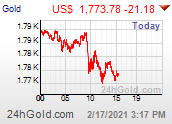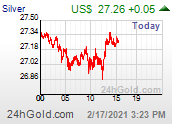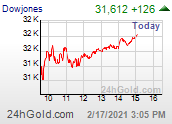SD33 Forum Question 1 - LGBTQ
First question to the four candidates - gay marriage, civil unions. (Tech note: All of the candidates answers are here in order they presented. I've cut out the applause to save time.) (Just in case....from Wikipedia: The first term used, “homosexual”, was thought to carry negative connotations and tended to be replaced by the terms “homophile” and, subsequently, “gay”. As lesbians forged their own identity, the phrase “gay and lesbian” became more common. This was soon followed by bisexual and transgender persons also asking for recognition as legitimate categories within the larger community. However, after the initial euphoria of the Stonewall riots wore off, starting in the late 1970s and the early 1980s, there was a change in perception; some gays and lesbians became less accepting of bisexual or transgender people. It was thought that transsexual people were acting out stereotypes and bisexuals were simply gay men or lesbian women who were afraid to come out and be honest about their identity. The movement underwent identity conflicts with various entities including or excluding various LGBT communities; these conflicts continue to this day. Not until the 1990s did it become common to speak of gay, lesbian, bisexual and transgender people with equal respect within the movement. Although the LGBT community has seen some controversy regarding universal acceptance of different member groups (transgender individuals, in particular, have sometimes been marginalized by the larger LGBT community), the term LGBT has been a positive symbol of inclusion. Despite the fact that LGBT does not nominally encompass all individuals in smaller communities (see Variants below), the term is generally accepted to include those not identified in the four‐letter acronym. Overall, the use of the term LGBT has, over time, largely aided in bringing otherwise marginalized individuals into the general community. Many variants exist including variations which merely change the order of the letters; however, LGBT or GLBT are the most common terms and the ones most frequently seen in current usage. Although identical in meaning, “LGBT” may have a more feminist connotation than “GLBT” as it places the “L” (for “lesbian”) first. When not inclusive of transgender people it is sometimes shortened to LGB. LGBT or GLBT may also include additional “Q”s for “queer” and/or “questioning” (sometimes abbreviated with a question mark) (e.g., “LGBTQ”, “LGBTQQ”, or “GLBTQ?”). Other variants may add a “U” for “unsure”; an “I” for intersex; another “T” for “transsexual” or “transvestite; another “T”, “TS”, or “2” for “Two‐Spirit” persons; an “A” or “SA” for straight allies; or an “A” for “asexual”. Some may also add a P for pansexual or polyamorous, and an O for omnisexual or other. The order of the letters has not been standardized; in addition to the variations between the positions of the initial “L” or “G”, the mentioned, less‐common letters, if used, may appear in almost any order. Variant terms do not typically represent political differences within the community, but arise simply from the preferences of individuals and groups. The terms transsexual and intersex are regarded by some people as falling under the umbrella term “transgender” though many transsexual and intersex people object to this (both for different reasons).)










0 comments:
Post a Comment